The EAHP EU Monitor is a regular round up of news relevant to hospital pharmacy in Europe.
You can subscribe to receive the EAHP EU Monitor by email HERE.
#EAHP2019 – Register now to benefit from the early bird registration rate
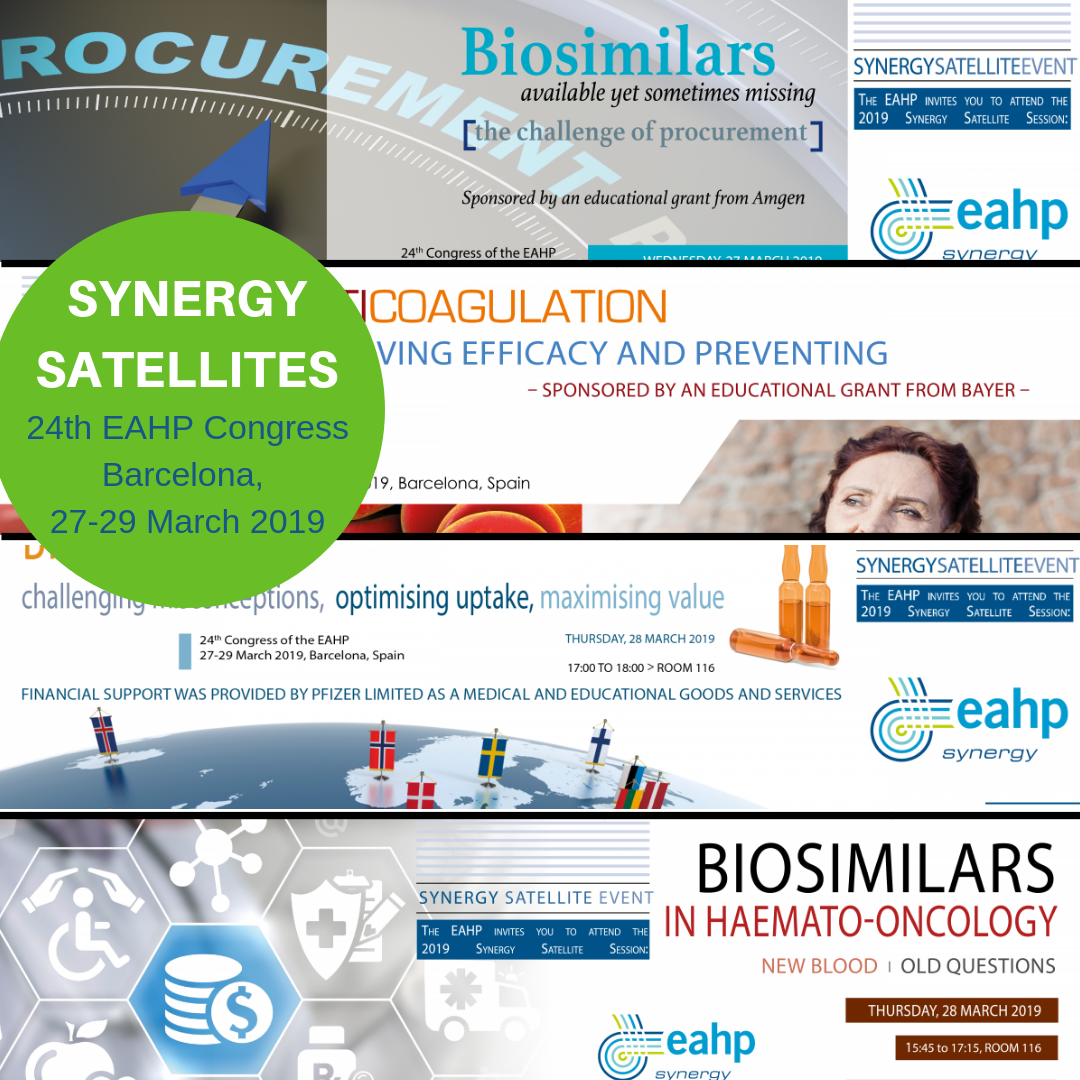
The 24th Congress of the European Association of Hospital Pharmacists (EAHP) is fast approaching. From 27th to 29th March 2019, hospital pharmacists from all across the globe will be gathering in Barcelona, Spain to exchange on the latest developments in hospital pharmacy. The different key notes, seminars and Synergy Satellite events will be focusing on this year’s theme: “Personalised Hospital Pharmacy – meeting the needs of every patient”. Early bird registration, at a discounted fee, is still possible until the end of November.
The Synergy programme of the 24th EAHP Congress will again address the latest trend in innovation and service delivery that aim at improving patient care. Biosimilar medicines and anticoagulants will feature prominently on the Synergy Satellite agenda.
The use of biosimilar medicines is widespread in many countries. However, their uptake varies across Europe and even within different areas of the same country. The European Medicines Agency has developed a robust regulatory framework which ensures that a biosimilar can only receive a marketing authorisation once it is demonstrated to have no meaningful clinical difference from its originator. The lack of awareness of this requirement may make some clinicians reluctant to use what they see as inferior versions of the biologics. The Synergy Satellite Biosimilars: challenging misconceptions, optimising uptake, maximising value (financial support was provided by Pfizer Limited as a Medical and Educational Goods and Service) addresses this challenge. It aims at helping hospital pharmacists to understand the regulatory requirements for biosimilar approval in the EU and to formulate their own implementation strategy to increase the uptake of biosimilars in their country.
Hospital pharmacists play a key in the sound drug procurement. As the responsible for the definition of the specifications in the tendering procedures they ensure the continuity of supply of cost-effective and quality medicines to patients. Biosimilars – available yet sometimes missing – the challenge of procurement (sponsored by an education grant from Amgen) will explore tendering and procurement problems, show examples, and discuss the way forward, so that the full potential of biosimilars as enablers of affordable innovation can be fulfilled, with maximum advantages for patients and healthcare providers. Participants will learn about issues related to the procurement of biosimilars, be enabled to recognise the risks of supply and to advise on the implementation of appropriate tendering processes for biosimilars.
Since the beginning of this century, rituximab has changed the treatment of hematologic cancers, specially Non-Hodgkin Lymphoma. Patients live longer with a better quality of life, and with better survival rates, but the cost has been very high. Biosimilars in haemato-oncology – new blood, old questions (sponsored by an education grant from Sandoz) will address changes through recent availability of rituximab biosimilars. Hospital pharmacists will be provided with new understanding of the key facts which support biosimilar approval in the EU as applied to onco-haematology therapy. After participating in this Synergy Satellite they will be enabled to recognise biased trends of change in first line therapy and to advise on the implementation of biosimilar of monoclonal antibodies used in Non-Hodgkin Lymphoma and other hematologic diseases.
Oral anticoagulants have recently seen a large increase in uptake due to the development and subsequent marketing of non-vitamin K oral anticoagulants (NOACs- Novel Oral Anti-Coagulants). Hospital pharmacists should be educated as to the correct use and risks of anticoagulant drugs in the hospital setting and should increasingly be involved in using these compounds appropriately during and also after hospital stay. Anticoagulation – improving efficacy and preventing side effects (sponsored by an education grant from Bayer) will introduce congress participants to the basics of peri-procedural management of anticoagulants. After attending this Synergy Satellite hospital pharmacist should be able to participate actively in the development and implementation of a peri-procedural bridging protocol in the hospital.
Register for the 24thEAHP Congress HERE
View the programme HERE
Vaccine confidence and vaccination delivery in the EU

Recently, the European Commission published information on the vaccine confidence and the delivery of vaccination services in the European Union (EU). Both reports revealed the need for EU action to tackle on the one hand misinformation and the lack of awareness of the general public and on the other hand, the lack of coordination among Member States.
The vaccine confidence report underlined the crucial link between confidence and coverage rates. To better understand why immunisation rates are declining throughout the EU. Confidence of the public in the EU and among general practitioners in theCzech Republic, Estonia, France, Germany, Italy, Poland, Romania, Slovakia, Spain and the United Kingdom was surveyed. Since confidence varies from vaccine to vaccine the report focused on measles, influenza and vaccines in general. Data shows that the population group over the age of 65 is generally more confident about the safety and importance of vaccination than those under the age of 65.
In conclusion the report highlights that the recent measles outbreak should be used as an opportunity. Coordinated approaches should be taken to remind the EU population about the importance of vaccination and the danger of vaccine-preventable diseases.
The study on the organisation and delivery of vaccination services in the European Union was prepared by the European Observatory on Health Systems and Policies. It is divided into three parts to provide a comprehensive overview on the current situation. It summaries information on vaccine uptake and vaccine-preventable diseases. In addition, it contains details on the systematic review of health system related factors and their impact on vaccine uptake as well as country fiches that outline the organisation and delivery of vaccination programmes.
The combination of these three components provides on the one hand an insight on what has been achieved and on the other hand highlights areas were further improvement could be beneficial. Lack of awareness and vaccine hesitance have been singled out as the main barriers for improved vaccine coverage. In relation to each country fiche targeted actions were identified that could help a health system with the improvement of health coverage.
To drive forward the action at national level the European Commission intends to put together a ‘Coalition for Vaccination’ which should bring together European associations of healthcare workers and students’ associations.
State of Vaccine Confidence report HERE
Study on organisation and delivery of vaccination services HERE
EU report on inequalities in access to healthcare
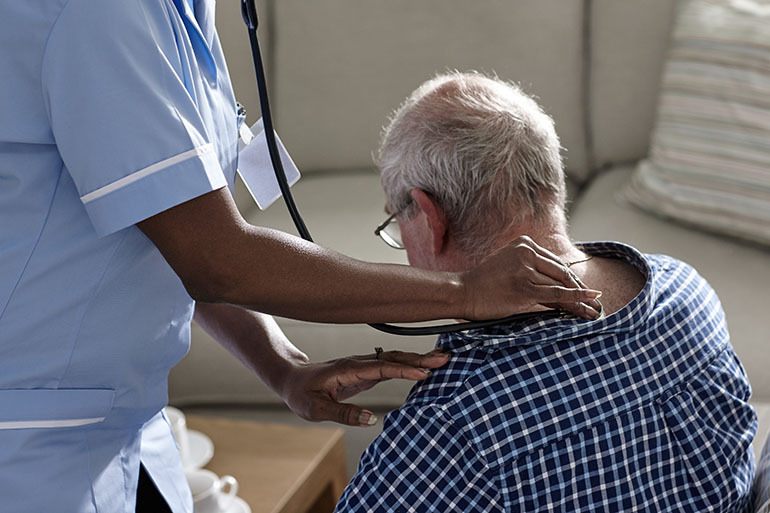
Recently, the European Commission released a study of national policies focusing on the inequalities in access to healthcare in Europe. The report covers the EU, the members of the European Free Trade Association (EFTA) and EU candidate countries. Findings show that inequalities in the access to healthcare continue to exist within countries and also in between different countries.
The conclusions and findings of the study concentrate on ten key points. The first three relate to the funding of the public healthcare system and its coverage. Huge differences were found in the amount of public resources that are allocated to healthcare and the population that is covered. While in some countries nearly the whole population benefits for healthcare coverage, other are excluding a significant percentage of the population. Moreover, the report underlined that systems that are underfunded perform much worse than the EU average in terms of both access and inequalities in access.
High out-of-pocket payments for pharmaceuticals and waiting lists were mentioned as two findings that are raising concerns. Similarly, also the voluntary and occupational health insurance schemes that exist in several countries were named as a factor that may worsen inequalities. Several population groups, such as for instance those with low income and migrants have significant difficulties in gaining access to healthcare. Ethnicity and residence status were reported as main hurdles.
Shortages of health professionals and the level of supply of health services were mentioned as another key point. In relation to the outcome it was highlighted that the access to healthcare is different for countries that are spending a similar amount of public money on healthcare. The report also stressed that inequalities in access to healthcare do not seem to be linked to the model of health system funding.
Recommendations to countries address the financing of the health system, health coverage, user charges, the availability of services, the voluntary health insurance and initiatives targeting vulnerable groups. On European level, the report highlights the importance of advancing the development of a roadmap for the implementation of Principle 16 of the European Pillar of Social Rights which addresses the right of everyone to timely access to affordable, preventive and curative care of good quality.
Read the full report HERE
Antimicrobial resistance in the EU – new ECDC publications
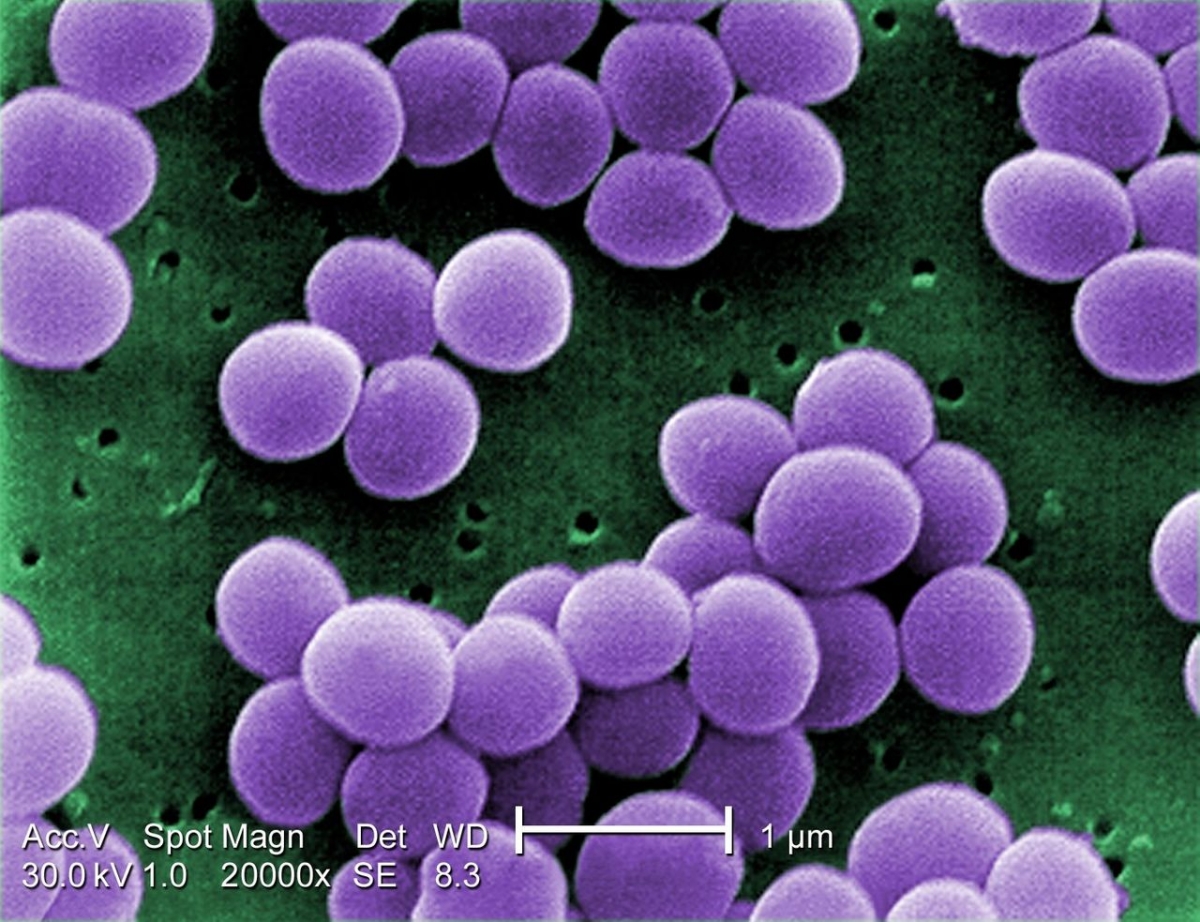
On 18th November healthcare professionals across the EU celebrated the European Antibiotic Awareness Day (EAAD). Linked to this event, the European Centre for Disease Prevention and Control released new data on the antimicrobial consumption and the surveillance of antimicrobial resistance in Europe in 2017.
The 2017 annual epidemiological report surveyed antimicrobial consumption data from 27 European countries (25 EU Member States, Iceland and Norway). The majority of these countries (22) reported both community and hospital consumption. Three countries (Austria, Germany and Iceland) only focused on community consumption, and two countries (Cyprus and Romania) reported total consumption in both sectors without differentiating between them. The Czech Republic, Greece and Slovakia were the EU countries that did not report antimicrobial consumption data for 2017.
Overall, the annual report highlighted that in the hospital sector no statistically significant change was observed when comparing information for the period 2013 to 2017. On average 2.0 defined daily does per 1000 inhabitants were consumed per day in the EU. An increase in consumption was found in the 2017 data of Croatia and Malta, while the consumption of Finland overall decreased.
The surveillance report which was also published ahead of the EAAD highlighted that the resistance levels of several bacterial species–antimicrobial group combinations remain high throughout the EU and the European Economic Area (EEA). In general, lower resistance percentages were reported by countries in the north, while higher percentages were reported in the south and east of Europe.
In particular the study looked at Escherichia coli, Klebsiella pneumoniae, Pseudomonas aeruginosa, Acinetobacter species, Streptococcus pneumoniae, Staphylococcus aureusand Enterococci. For Escherichia coliand Klebsiella pneumoniae, combined resistance to several antimicrobial groups was frequent, and extended-spectrum beta-lactamase production was common. Resistance percentages were generally higher in Klebsiella pneumoniaethan in Escherichia coli. Carbapenem resistance was common in Pseudomonas aeruginosaand Acinetobacter species, and at higher percentages compared with Klebsiella pneumoniae. For Streptococcus pneumoniaeit was reported that the resistance situation remained stable between 2014 and 2017. However, large inter-country variations were found. For Staphylococcus aureus, the decline in the percentage of meticillin-resistant, i.e. MRSA, isolates reported in previous years continued in 2017. Among enterococci, the increasing trend of Enterococcus faeciumresistance to vancomycin is a cause of concern.
Read the annual epidemiological report for 2017 HERE
Read the surveillance report HERE
EJHP: Return on investment: a practical calculation tool to convince your institution
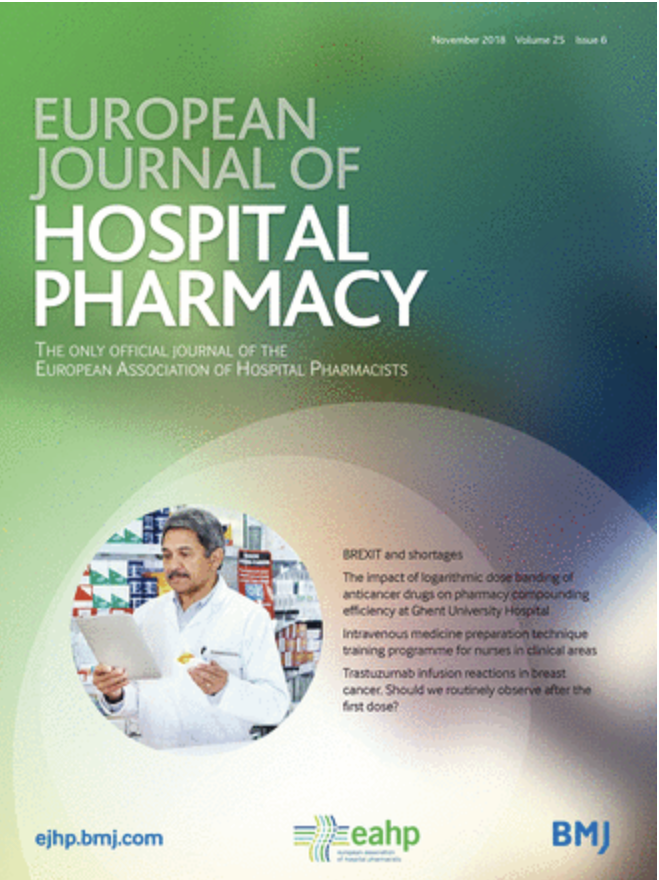
The online first edition of the European Journal of Hospital Pharmacy (EJHP) recently published a short report containing information on a simple methodology and a free practical tool that helps hospital pharmacists with estimating an return of investment. The practical details shared in the report aim at helping hospital pharmacists generate useful information for investment discussions by the hospital board.
More HERE
[EAHP Statement Corner]
Have you done your SAT?
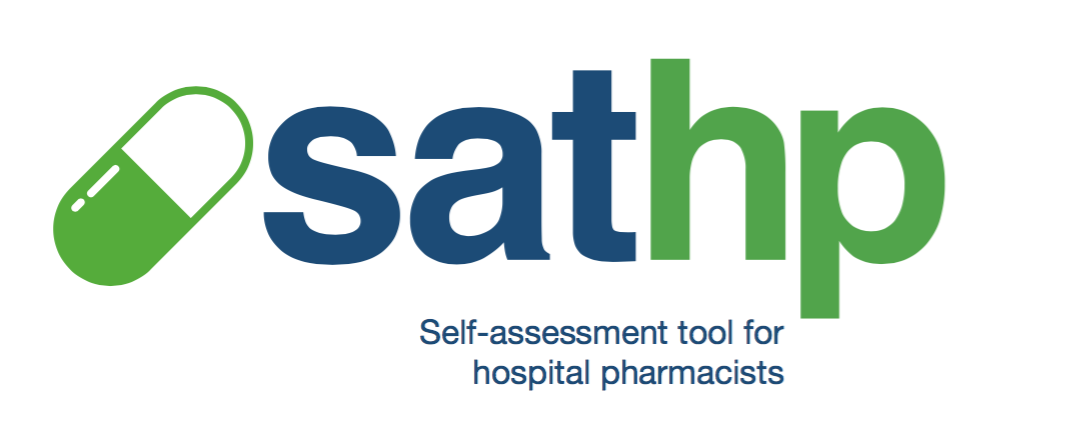
Earlier this year, the EAHP launched an online Self-Assessment Tool (SAT) to help hospital pharmacists with the assessment of their Statement implementation status. More than 90 hospitals have used the SAT so far to check how they can improve the level of Statement implementation in their hospital pharmacy. To facilitate the use of the tool, EAHP has translated it into 9 different languages (English, French, Greek, Hungarian, Italian, Polish, Romanian, Spanish and Turkish).
Are you interested in receiving your personalised action plan? Then make sure to complete your assessment with the SAT.
Access the SAT via the following LINK.
————————————————————————————————

Consultations
Survey on patients opinion about drug shortages
COST Action CA 15105 on medicines shortages invites you to participate in a qualitative study regarding patients’ perspective about medicine shortages during hospital stay. Hospital pharmacists are encouraged to question interested patients who are willing to share their experience with medicines shortages. Questions in relation to this survey activity can be address by email to Darija Kuruc Poje (darijakuruc21@gmail.com).
Deadline – 1st December 2018
Access the survey HERE
Commission – Public consultation on the evaluation of the legislation on medicines for children and rare diseases
Healthcare professionals as well as private citizens are encouraged to share their experiences with and perspectives on access to orphan medicines in general, and on the role the EU Orphan Regulation plays in the development of orphan medicines.
Deadline – 4th January 2019
More information HERE
EDQM – European Paediatric Formulary consultation
The European Directorate for the Quality of Medicines & HealthCare (EDQM) has launched a public consultation on the first two pilot monographs and on two general texts for its European Paediatric Formulary. European pharmacists and paediatricians are invited to share their feedback on the draft monographs on Hydrochlorothiazide oral solution and on Sotalol oral solution.
Deadline – end of January 2019
More information HERE
EMA – Draft guideline on clinical investigation of medicinal products in the treatment of epileptic disorders
The present document is a third revision of the existing guideline. The main changes to the existing guideline include incorporation of the new classification / definitions of seizure types and epilepsies, the acceptance of add-on studies in support of a monotherapy claim on a case-by-case basis, the inclusion of new sections on neonates and status epilepticus and other changes related to paediatric developments. The scope of this document is restricted to treatment of seizures in epileptic disorder although there are some remarks concerning non-seizure features of epilepsy syndromes.
Deadline – 17th February 2019
More information HERE
































